In today’s world we might need to be aware of cultural differences – but more importantly we should understand our cultural similarities! Finland is hardly alone in our sole uniqueness, an island of distinct eccentricities severed from constant outside influence. Quite the contrary, we have more in common with other nations and cultures we might realise to admit, and this exchange is being executed in the most entertaining of ways!

Moving to live in another culture is often a source of both unintentional and rather deliberate realisations that can be comical in nature to say the least. While we come across the daily sources of silliness in our destination countries, we often soon reflect back on those of our own. However, instead of deciding these differences must truly mean we have separate and individual ways of existence within each set of borders, I’d argue we could see this as evidence of our connectedness – in our collective sense of humour, which makes us all so human. All around the world people laugh at such similar subjects and occurrences it’s impossible not to notice!

While travelling and even living abroad we inevitably get to learn that many kinds of behavioural and thought patterns are always simultaneously valid – both our own and those of others – and these realities very much coexist in the world of today. There simply is no such state as only one correct argument any further, for we’re in a constant and ever increasing enmeshing action with other experiences and influences. In any conversation on one’s reality any other experienced truth has equal worth, and the further we shy away from this truth the further we may find that those who seemed to seamlessly share our sentiments had different premise and objective in mind after all. And yet, we’re still capable of creating a bridge over most diverse of backgrounds. How? Why, humour, of course!

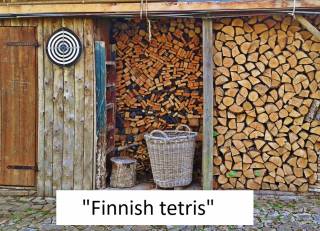
Intercultural competence is often demonstrated through humour – one’s true level of capability in any language can be determined in friendly banter. One’s capability to laugh at themselves is yet another clear sign of their abilities in understanding the differences of cultures – and their similarities. Our basic needs as humans are very similar regardless of place of birth, and for that reason simple comic remarks can reach the hearts of others the easiest. They’re relatable, harmless and disarming. They reveal that we all struggle with similar trivialities and travesties, and rejoice with simple pleasures alike. And for this reason I’ve chosen each particular one of these memes attached: as tested proof that many aspects of what we call “Finnish culture” can be related to in many different corners of the world even when one has never stepped foot on our soil. Who wouldn’t enjoy the satisfaction of neatly piled firewood after a hard day of chopping it? Perhaps we’re the ones who most keenly make use of the wood in our plentiful saunas, but making fires is a universal part of daily life and so is piling the tinder for such. Or how about languages themselves, crafted of expressions untranslatable yet often somehow historically related? It’s an endless source of joy to compare words and surprisingly similar expressions while learning. Finland is certainly not alone with our lengthy and quirky-sounding ‘cheers’ – what about Russia’s ваше здоровье or the Hungarian egészségére? I’d claim we’ve met our matches!
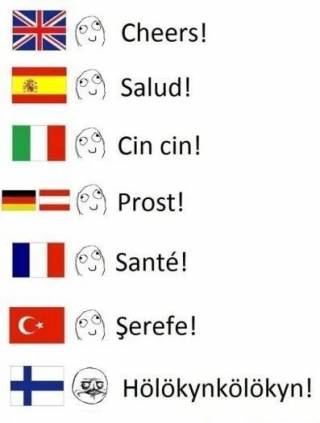
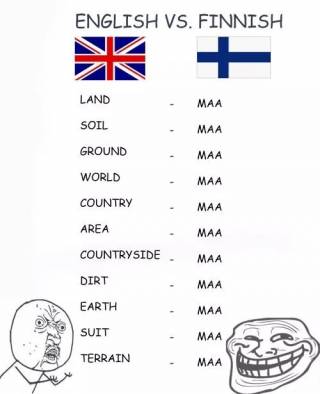
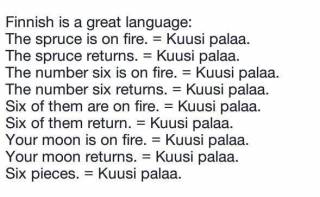
These memes I’ve chosen showcase features of Finnish culture and identity in the context of how foreigners have us perceived. Much of their so-called ‘prejudice’ is indeed glimpses of a real lifestyle we ourselves have managed to covertly convey cross the borders – online. We’ve had an active but less discussed part in creating our own cultural myths for decades now, out of which many are the sort of legends most cultures harbor as entertaining exaggerations in their pompousness. While some of our particular peculiarities such as constant everyday social distancing can be severely different in most of the world, even that is hardly entirely unique to Finland in particular. Still: isn’t it a little fun to claim the fame on a cultural characteristic we ourselves often laugh and cringe at? Sometimes the most embarrassing flaws in our ways are just the way to making emotional connections to those who find empathising to genuine everyday struggles endearing. Our vulnerabilities make us relatable, and instead of individualism promote thus a sense of relatability on a very human level. Social awkwardness and the yearning for privacy is a universal experience, and as such nothing to be ashamed for.
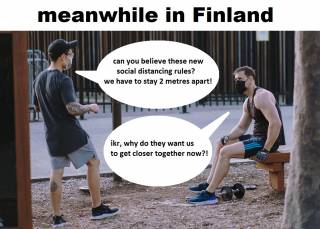
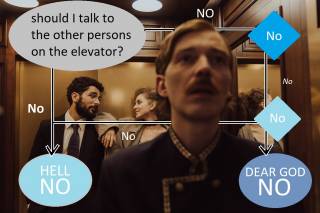
My experience of Finnishness has certainly been dismantled again and again during my years abroad. I no longer perceive quite clearly what I even count as “Finnishness” per sé – I find our innate similarity with all others much more fascinating. While our outdoors surely is a rare gem and our music as dark as our morning brew, neither of these are all that unheard of, either. In my view, along with celebrating our separate nature from most others, we find another festive level of cultural pride in revelling in our similarities worldwide! It’s all too easy to get to experience these exchanges online, share a mutual laugh or two with virtual strangers – beyond mutual languages, pasts or futures. Beauty exists everywhere, and looking toward the future I like to orient myself as more of a worldwide ambassador of global understanding, simply hailing from a place of frozen wonders, but reaching out with honest and courageous curiosity. So beyond my Finnishness I look forward to furthering my global nationality both in person and as a netizen.
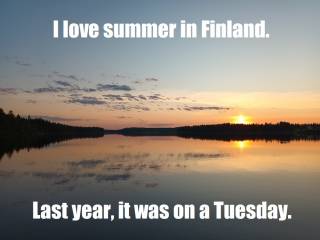
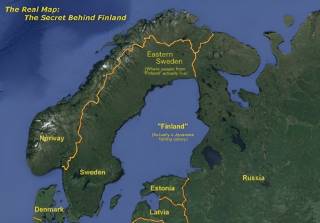
And so, in conclusion, what I find most important is that we just may find ourselves in others. Many aspects of humour are directly shared and enjoyed in different locations at the same time, bridging us together even when we’re not acutely aware of such. In this time of free language apps and online translators it’s sharing these mutual realisations that inevitably, eventually, bring us together in one – as human beings, and indeed lovers of oh-so-handy buckets alike.
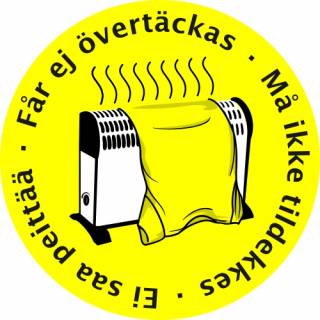

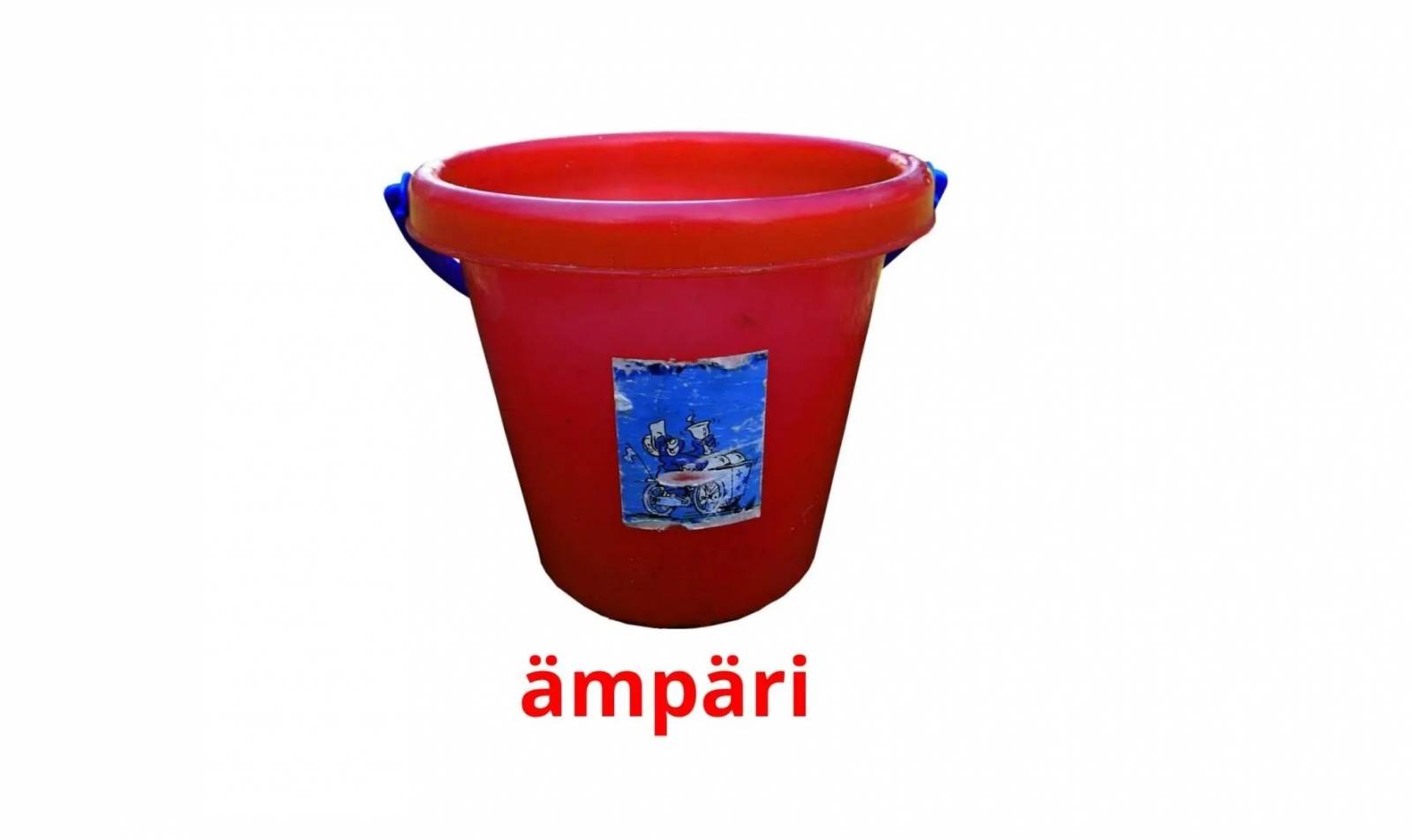
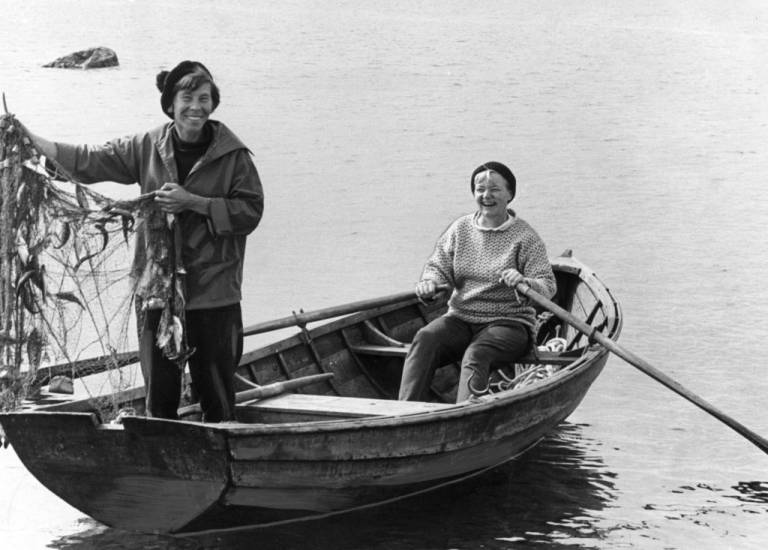
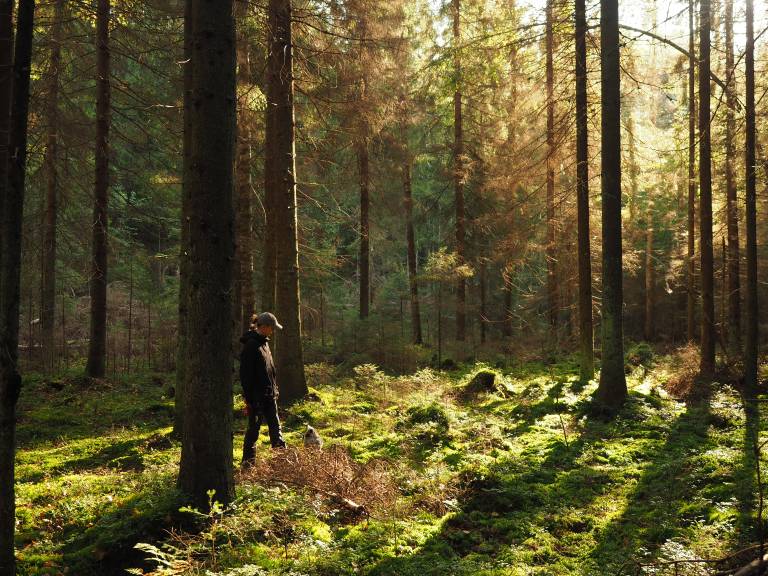
Comments